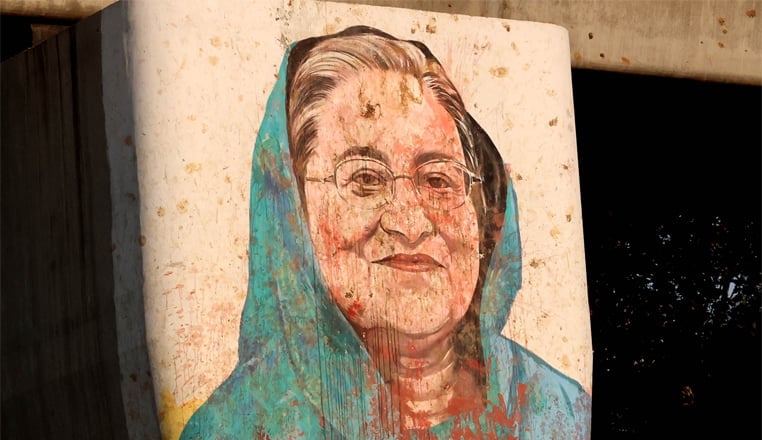
DHAKA, Dec 31, 2024 (BSS) – Gregorian Year 2024 is about to end in course of time as New Year 2025 will begin at midnight tonight. Coinciding with the New Year, Bangladesh will witness 150th day of fall of autocratic Sheikh Hasina’s regime.
Today is the 149th day of Awami fascism free Bangladesh. In the participatory elections held on December 29, 2008, the Bangladesh Awami League formed the government for the second time under the leadership of party chief Sheikh Hasina by achieving an absolute majority. However, the seeds of fascism during the 5-year term of that government were planted but did not germinate.
Later, on January 5, 2014, when the Awami League formed a government for the second time in a row under the leadership of the then Prime Minister Sheikh Hasina (the deposed dictator), the seeds of fascism sprouted. This sprout gradually grew and fascism became entrenched in this country by sprouting branches during the 5-year term of the so-called democratic government elected in the “night vote” on December 30, 2018.
During the entire term of that government, instead of the rule of law, the rule of Awami League was established in the country.
Later, when the Awami League formed government for the fourth time in a row under the leadership of Sheikh Hasina through the dummy election on January 7, 2024, the Awami League became reckless in everything. Sheikh Hasina's greed for permanent power, the people of the country, especially the student community, could not take it well. Even the powerful countries of the world and at the same time, believing in a democratic state system, became hostile towards the Awami League for forming a government without participatory elections. As a result, Sheikh Hasina's reputation slowly began to shake.
In the first week of July 2024, Sheikh Hasina's position began to move wildly in the anti-quota (later anti-discrimination) movement of students. On August 5, through the mass movement (mass uprising) of students and the public, when the position of fascist Sheikh Hasina was overturned, she was forced to flee the country with her relatives and take refuge in India.
In the context of the incident of fascist Sheikh Hasina's overthrow and flight from the country, it becomes clear that no matter how bad the ruler is, if the people are given the opportunity to express their opinions, at least they do not have to flee the country.
In this regard, Bashar al-Assad of Syria and Yoon Suk Yeol of South Korea are unique examples in the recent world.
Bashar Al-Assad had to flee because he was unelected. And Yun Suk-yeol survived impeachment vote because he was elected by the people.
Considering the nearly 16-year reign of Sheikh Hasina in Bangladesh, it is literally correct to call Italian writer, essayist, literary critic, philosopher and signal analyst Umberto Eco's fascism 'eternal'.
He believed that even though Mussolini and Hitler passed away, fascism has not disappeared. In his words, 'even in a developed democratic society, some elements of fascism can still persist in some way or the other, for example, Israel, India and America. These countries practice advanced democracy. But characteristically, fascism is practiced in the state management of these countries to a large extent.'
During Sheikh Hasina's nearly 16-year rule in Bangladesh, dictatorship was effective in the name of so-called elected democracy.